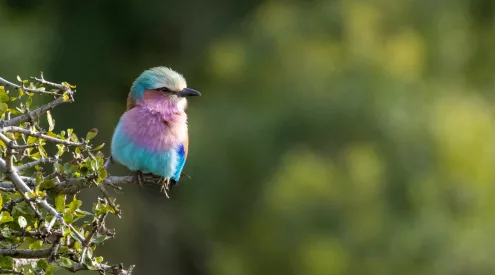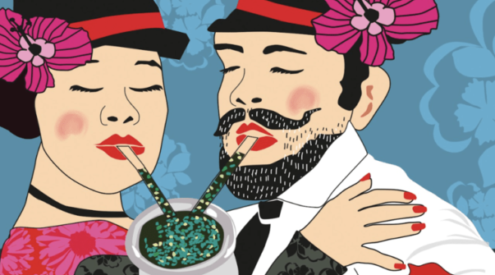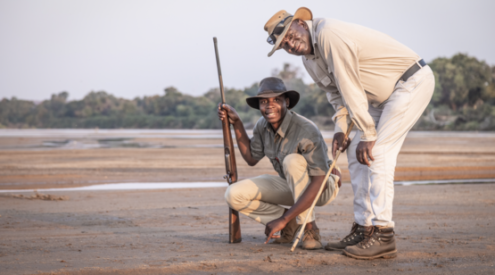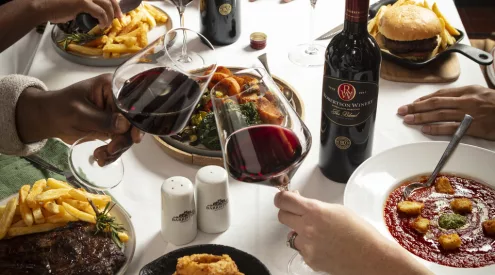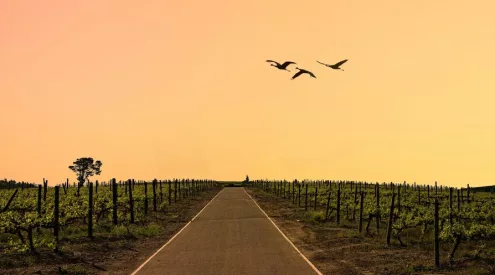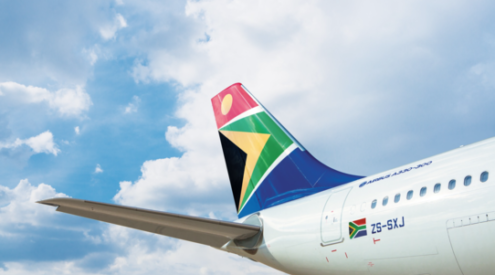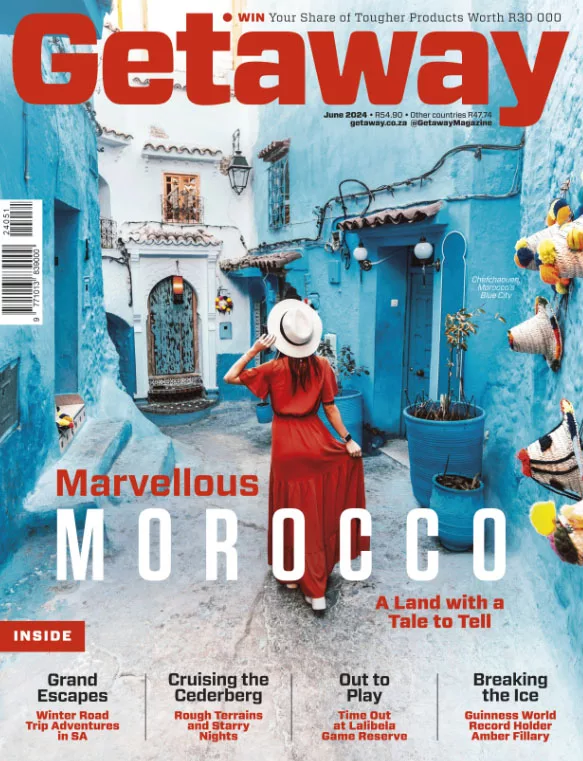As Malawi registers a drop in ivory and rhino horn trafficking, it has noticed an increase in pangolin poaching with related arrests having tripled between 2019 and 2020.

According to a report in AllAfrica, Malawian police say that rarely a month passes with no pangolin-related arrest, and authorities fear this may lead to the regional extinction of the animal in Malawi.
Director of Malawi’s Department of National Parks and Wildlfie, Brighton Kumchedwa, is not surprised by the increase in pangolin poaching, commenting that ‘for Malawi, we can speculate that a shift from ivory trafficking to the pangolin is because, one, the size of a pangolin is so small, easy to conceal but also it is fetching a reasonable amount of money on a black market.’
Malawi is one of the poorest countries in the world, and according to an IMF report, 50% of its population lives below the poverty line. The lucrative pangolin trade is then tempting, offering a temporary respite from poverty.
Malawi has revised its anti-wildlife-trafficking where perpetrators caught in possession of live pangolins or its derivatives, face prison for up to 30 years with no option of a fine.
‘We have our own investigation unit, which is helping quite a lot because it is largely intelligence-led law enforcement,’ Kumchedwa comments. ‘But also, more than that, is how the courts have indeed applied the law. They are given custodial sentences. We are seeing people taken to jail for seven years, five years found in possession of a pangolin.’
Picture: Getaway gallery
ALSO READ
Between the scales: why is there such a high demand for pangolins?

